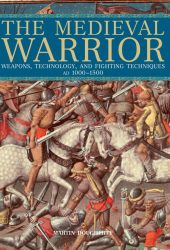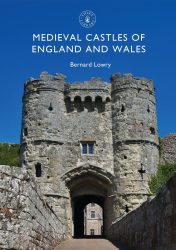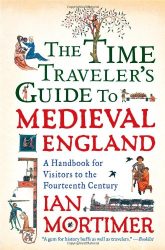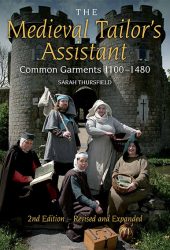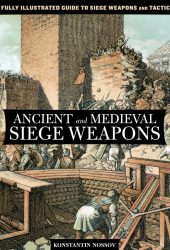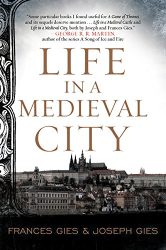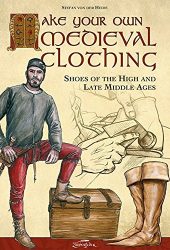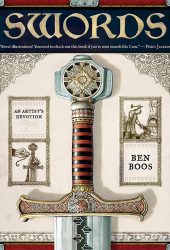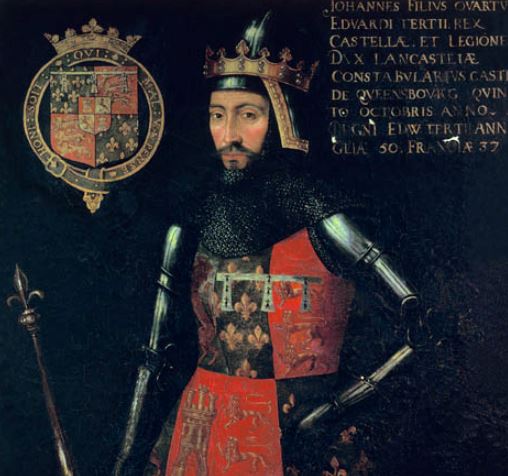
John of Gaunt, also known as John of Lancaster, was one of the most prominent figures of 14th-century England, renowned for his political influence, military prowess, and dynastic ambitions. Born on March 6, 1340, John was the third surviving son of King Edward III and Philippa of Hainault.
Who Was John of Gaunt?
From an early age, John of Gaunt played a central role in English politics and warfare. He participated in various military campaigns, including the Hundred Years’ War against France, where he distinguished himself as a skilled military commander and tactician. John’s military exploits earned him considerable prestige and renown among his contemporaries.
In addition to his military career, John of Gaunt was deeply involved in the politics and governance of England. He held numerous offices and titles throughout his life, including Duke of Lancaster, Earl of Richmond, and Lord High Steward. John wielded significant influence at the English court, often acting as a mediator and advisor to his father, King Edward III, and his nephew, King Richard II.
One of the defining features of John of Gaunt’s career was his ambitious dynastic aspirations. Through strategic marriages and political alliances, he sought to enhance the power and prestige of his family, the House of Plantagenet. John’s marriage to Blanche of Lancaster, heiress to the vast Lancaster estates, brought him immense wealth and influence, establishing the Lancastrian branch of the royal family.
After the death of his first wife, John of Gaunt married Constance of Castile, heiress to the Kingdom of Castile, further expanding his family’s territories and influence. This marriage laid the groundwork for his son’s claim to the throne of Castile, leading to the eventual establishment of the House of Lancaster as one of England’s most powerful dynasties.
Despite his political acumen and military prowess, John of Gaunt’s career was not without controversy. He faced criticism for his role in the mismanagement of the war effort against France and his involvement in domestic political disputes, particularly his rivalry with his uncle, Thomas of Woodstock, Duke of Gloucester.
John of Gaunt died on February 3, 1399, at the age of 58, leaving behind a complex legacy of power, ambition, and political intrigue. His descendants would go on to play pivotal roles in the Wars of the Roses, shaping the course of English history for generations to come.
Books about Medieval Life
More Medieval People
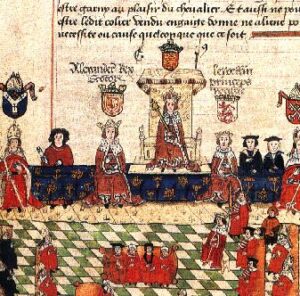
Medieval People: Andrew de Moray
Andrew de Moray a pivotal figure in the Wars of Scottish Independence and stands as a symbol of Scottish resistance against the English.
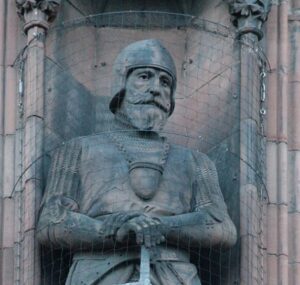
Medieval People: James Douglas, Lord of Douglas
James Douglas was a formidable figure renowned for his unwavering loyalty, military prowess, and unyielding commitment to Scotland’s cause.
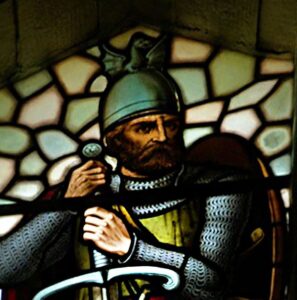
Medieval People: William Wallace
William Wallace commands reverence as a symbol of resistance against English oppression during the Wars of Scottish Independence.
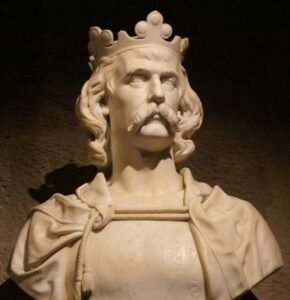
Medieval People: Robert the Bruce
Robert the Bruce was one of Scotland’s most renowned medieval kings and a prominent figure in the country’s history.
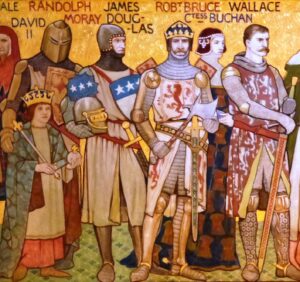
Scotland’s Most Famous Medieval Knights & Warriors
Scottish knights played a crucial role in shaping the medieval history of Scotland. Learn more about their bravery and fierce determination.
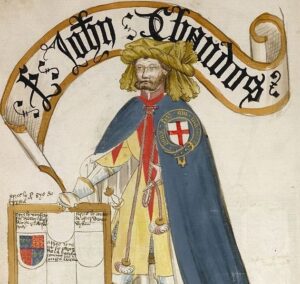
Medieval People: Sir John Chandos
Sir John Chandos was a notable medieval knight and military commander who played a significant role in the Hundred Years’ War.

